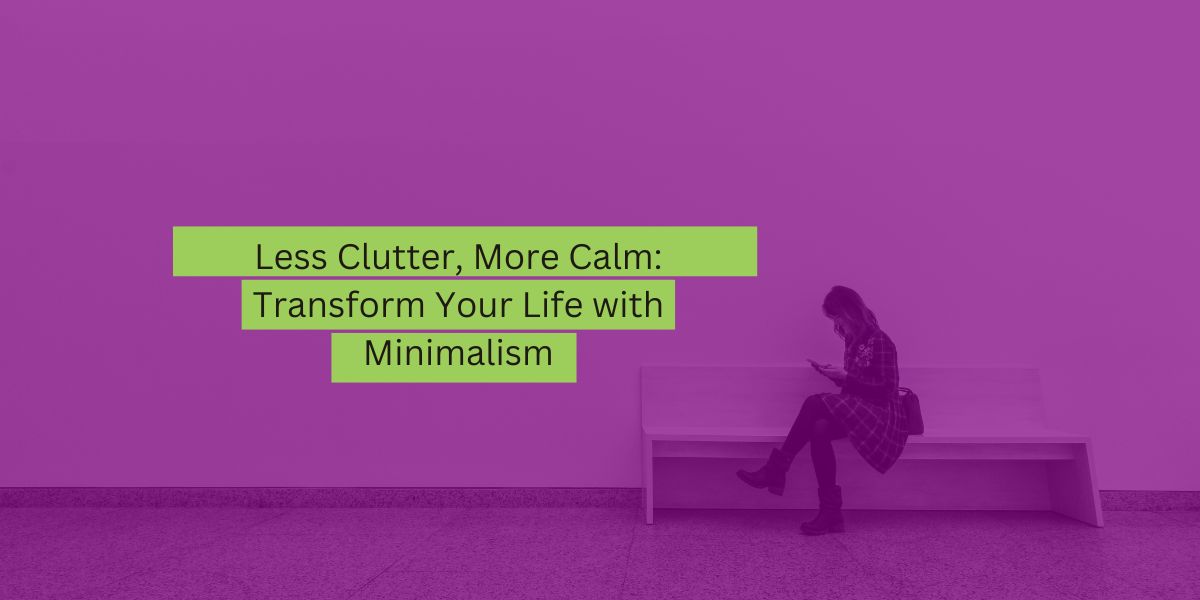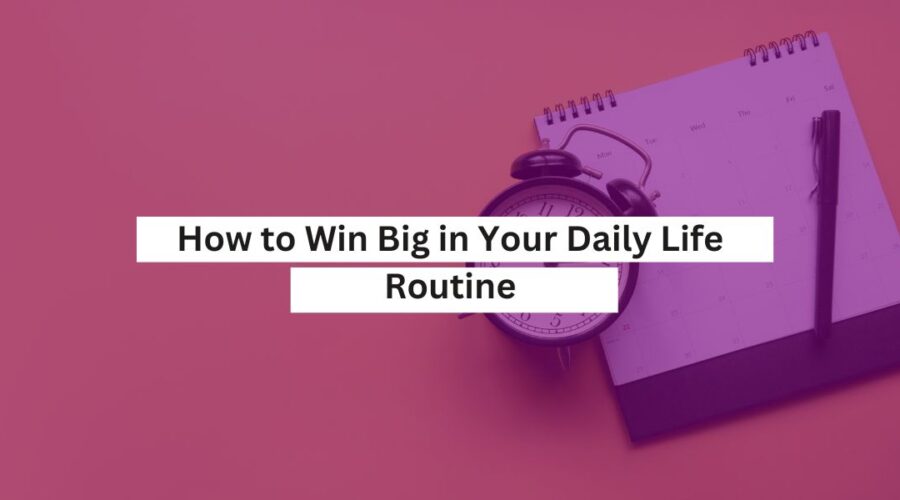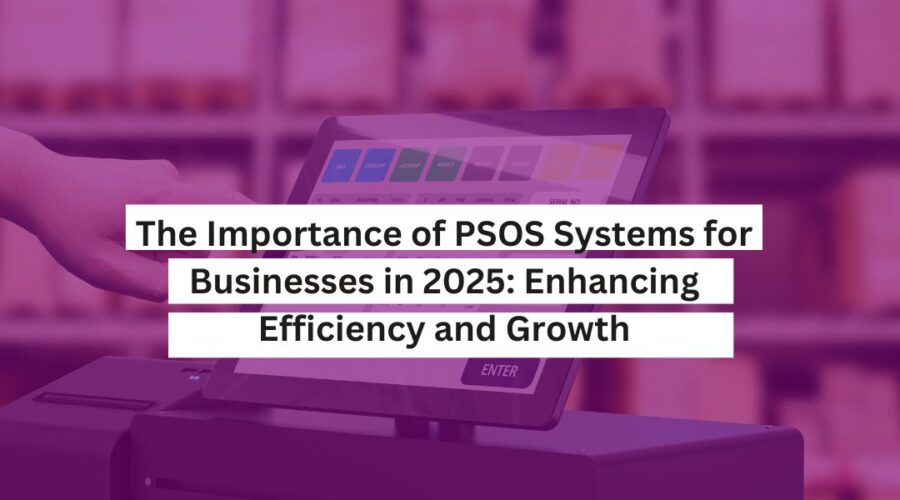It’s not just about decluttering your home but also about creating mental and emotional space for what truly matters. Minimalism can transform your life, leading to a calmer mind, increased focus, and enhanced well-being. Let’s dive into the philosophy of minimalism and explore how embracing “less” can lead to so much more.
The Philosophy of Minimalism
At its core, minimalism is about intentional living. It’s the practice of identifying what adds value to your life and eliminating what doesn’t. This philosophy extends beyond material possessions and touches every aspect of life, including relationships, commitments, and even thoughts. By stripping away the excess, you make room for clarity, purpose, and joy.
The Clutter Epidemic: A Modern Problem
We live in an era of unprecedented abundance. According to the U.S. Department of Energy, one in four Americans can’t park their car in their garage because it’s filled with excess belongings. Meanwhile, a survey by the National Association of Professional Organizers found that 54% of Americans are overwhelmed by clutter and don’t know what to do about it. The average American home now contains over 300,000 items, and yet, a UCLA study reveals that clutter can lead to increased stress levels, particularly in women.
The problem isn’t limited to physical clutter. Digital clutter, in the form of endless notifications, emails, and social media, can also overwhelm our minds. A study by RescueTime found that the average smartphone user checks their device 58 times a day, further fragmenting attention and adding to stress.
Benefits of Minimalism
1. Improved Mental Health
Clutter has a direct impact on mental health. Research from Princeton University’s Neuroscience Institute shows that physical clutter competes for your attention, reducing performance and increasing stress. By adopting minimalism, you create an environment that fosters calm and focus.
2. Financial Freedom
A minimalist lifestyle can save you money. By prioritizing needs over wants, you reduce impulsive spending. A study by Credit Karma found that 40% of Americans regret their past purchases, highlighting the importance of mindful consumption. Minimalism helps you break free from the cycle of consumerism, allowing you to save and invest in experiences or goals that truly matter.
3. Enhanced Productivity
A clutter-free environment leads to increased productivity. The Harvard Business Review reports that people spend an average of 19% of their workweek searching for information or tools they can’t find due to disorganization. Minimalism streamlines your space and routines, making it easier to focus and achieve your goals.
4. Stronger Relationships
Minimalism isn’t just about possessions; it’s also about relationships. By cutting out superficial connections and focusing on meaningful ones, you build deeper bonds. Prioritizing time over material pursuits allows you to be present with loved ones, enriching your personal life.
5. Environmental Impact
Embracing minimalism also benefits the planet. The average American generates 4.9 pounds of waste daily, much of it from discarded goods. By consuming less, you reduce your ecological footprint and contribute to a more sustainable future.
Steps to Declutter Your Space and Mind
1. Start Small
Begin with a single drawer or corner of a room. Tackling small areas first prevents overwhelm and builds momentum. The 20/20 rule, popularized by The Minimalists, suggests letting go of items you can replace for under $20 in less than 20 minutes if needed.
2. Use the KonMari Method
Marie Kondo’s KonMari method encourages keeping only items that “spark joy.” This approach helps you evaluate possessions emotionally, making it easier to let go of unnecessary things.
3. Digitally Detox
Decluttering isn’t limited to physical spaces. Unsubscribe from unnecessary emails, delete unused apps, and organize your digital files. Studies show that reducing digital clutter improves focus and reduces anxiety.
4. Adopt a Capsule Wardrobe
A capsule wardrobe consists of a limited number of versatile clothing items. This reduces decision fatigue—a phenomenon where making too many choices depletes your mental energy. Research from Columbia University reveals that fewer choices lead to greater satisfaction.
5. Practice Mindfulness
Minimalism and mindfulness go hand in hand. Incorporating mindfulness practices, such as meditation or journaling, helps declutter your thoughts and align your actions with your values.
6. Set Boundaries
Minimalism extends to commitments and relationships. Learn to say no to obligations that don’t align with your priorities. This creates more time and energy for what truly matters.
Real-Life Success Stories
The Becker Family
Joshua Becker, founder of Becoming Minimalist, transformed his family’s life by embracing minimalism. After decluttering their home, they found more time for family activities and personal growth. Today, Becker inspires millions to live intentionally.
Courtney Carver
Courtney Carver’s Project 333 challenges participants to wear only 33 items of clothing for three months. This experiment simplifies wardrobes and highlights the benefits of living with less.
Minimalism by the Numbers
- 10%: The percentage of Americans who rent storage units because they’ve run out of space at home (Self Storage Association).
- 25%: The reduction in stress levels reported by people who declutter their homes (UCLA).
- 80%: The percentage of items in most homes that are rarely used (NAPO).
- 93%: The percentage of participants in a 2019 study who reported feeling happier after decluttering their spaces.
Overcoming Common Challenges
Sentimental Items
Letting go of sentimental items can be tough. Consider keeping one or two representative pieces and donating the rest. Take photos of items before parting with them to preserve the memories.
Fear of Missing Out (FOMO)
The fear of needing an item later often prevents decluttering. Remember that most things can be replaced if truly necessary. Focus on the peace gained by letting go.
Family Resistance
If family members are hesitant, lead by example. Show them the benefits of minimalism through your actions rather than imposing it on them.
The Ripple Effect of Minimalism
Minimalism is not just a personal journey; it’s a movement that can inspire others. By embracing a minimalist lifestyle, you set an example for friends, family, and even your community. The ripple effect of minimalism extends beyond your immediate circle, contributing to a culture that values meaning over materialism.
Final Thoughts
Minimalism isn’t about deprivation; it’s about liberation. By decluttering your space and mind, you create room for what truly matters—joy, purpose, and connection. The journey to minimalism begins with a single step, but its impact can transform your entire life.








